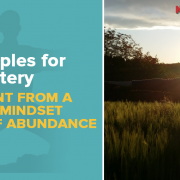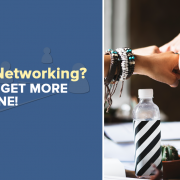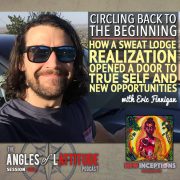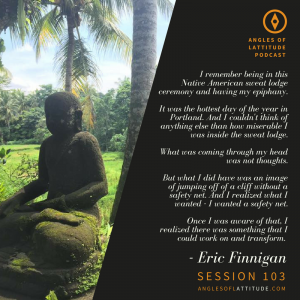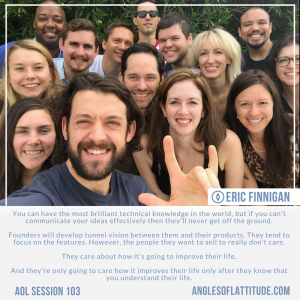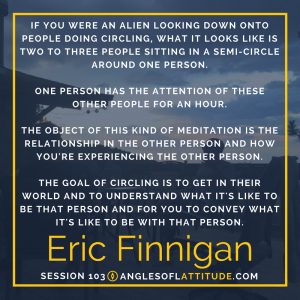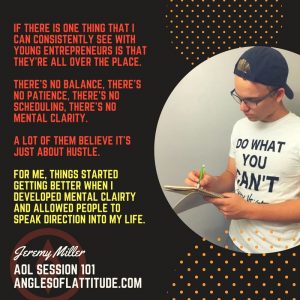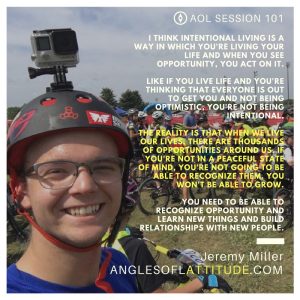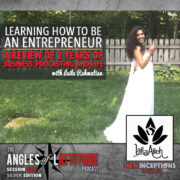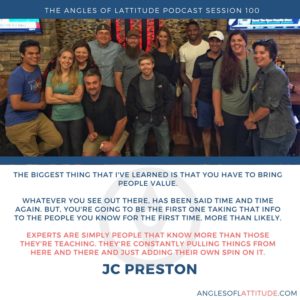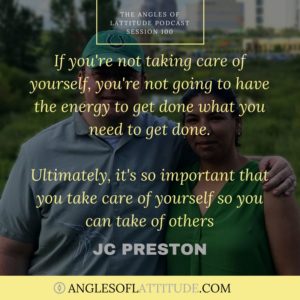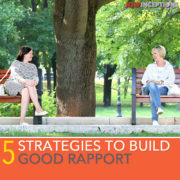12 Principles for Self Mastery: How I Went from a Scarcity Mindset to one of Abundance
For me, it’s important to go over some of these past articles to see how far I’ve come. This one is another classic post from my days in LTD.
As I’ve expressed in several posts, it was during this time that I learned what would later become the foundation of all my entrepreneurial knowledge. It was inexpensive training that I thought (and still think) anyone could benefit from. That said, MLM’s are not for everyone. So that’s why I wrote these pieces early on – to help bring that knowledge to a wider group.
In this post originally dated December 4th, 2011, I list 12 principles which were really important to me at the time. They helped me move from a scarcity mindset to one that was more abundant.
If you’re looking for some good principles to base your self improvement on – this is a good place to start! Enjoy!
As you know, I’m making a major push in my life to actually get things done that I’ve wanted to achieve for several years now. One of those things is hire a professional coach. It’s been almost a year since mom passed, and I really need to get moving forward with creating a my own functional business. With the release of the LTD Media and Message Apps, I have been reminded more frequently of my Amway business, but truth be told – I haven’t taken much action. So I believe a coach there will surely help.
One thing I’ve realized during my time in LTD is that I want to surround myself with people who have an abundant thinking process. While not everyone has the same personality (some are more emotion oriented than others), I believe that living a life of abundance is something everyone can do.
It’s just a few core principles away – specifically 12.
So here are those principles I hope you can use to get out of whatever funk you might be finding yourself in!
The Principles of Self Mastery
1. Challenges aren’t Problems, They’re Opportunities
Problems are negative by definition. When you call a challenge an opportunity, then it’s turned into a positive situation where you can learn, grow, and meet your full potential.
2. Walls of Opportunity
With the previous statement, we see that obstacles in our life are there for us to grow and learn from. We can learn how to go over, go around, go under or exterminate problems in our lives. Once we do this, they’re no longer an unsolvable barrier to limit us from who we are.
3. Ideal or Nothing
It’s not ready, aim, fire. It’s ready, fire, aim. It is always better to take dumb action even though it’s not the exact action you want to take. Don’t miss opportunities because you’re trying to find or force the perfect one.
4. Time vs Priorities
Everyone that is, has been, or will be, has had the same amount of time in a day, week, month, and year (unless, of course, we colonize another planet with a different definition of time). With that said, the reason why people don’t achieve more in their life is because they don’t know how to prioritize better than what they’re currently prioritizing. Next time you’re tempted to say “I don’t have time,” remember yourself that you determined yourself that it was you who determined it wasn’t a high enough priority. Doing this will help you realize what you really value and how you can prioritize tasks and activities.
5. Good vs. Great
The enemy of Great isn’t bad – it’s good. Many times we don’t achieve something great because we didn’t do something bad, it’s because we did something good and settled for that particular result.
6. Thinking Not Knowing
Have you ever thought about the response “I don’t know” when you asked someone “What do you think?”? If you think about it, that’s not even the right response to that question. No one asked what the other person knows – they were asked what they thought. If someone asks you what you think, don’t be afraid to let them know what you think. If anything, you open up dialogue and communication with others.
7. The Multiplier Rule
When we take positive action, that action will be multiplied into two positive actions and so on. This rule could also be thought of as the Domino Effect as well as “adding a zero to a partner’s income”.
8. Values in Life
Whatever your values are, it is important to know what yours are and to make choices that are logically connected to them.
9. Roller Coaster Effect
Inconsistent action leads to a roller coaster effect of results. The more consistent your activity is in getting a result, the more likely it will be that you get that result. Consistent effort and follow through will make a huge difference in achieving your goals and dreams.
10. Focus and Duplication
You can do more with your time if you realize that 20% of your effort produces 80% of yours results. Once you know what 20%, spend your time on that 20% and figure out what tools, people, and systems can help with the other 80% of that effort. Don’t focus on making people exact copies of you – help them become a better version of themselves and show them where they fit into the big picture.
11. Stewardship
What gifts and traits do you naturally possess? What traits do others have? Figure out your strengths and share them with those less fortunate. If you do not, they will lose, but you will have the biggest loss. Help someone today!!
12. Never Quit
Mistakes and errors are learning opportunities. They’re not disastrous!! Learn from them and move on. You’ll be better the next time!! Failure to do so will result in disaster.
Action Steps
So really nothing to out of the ordinary here, right? I’ll tell you, when I first heard them, they made sense – but it didn’t seem like life could be THAT easy!!
Over time, though, I’ve realized that they have a ton of merit. Just like the Four Agreements.
Speaking of which, how do you think they relate to the Four Agreements or other rules that you might have heard? What would you add to this list? Let me know below in the comments!

